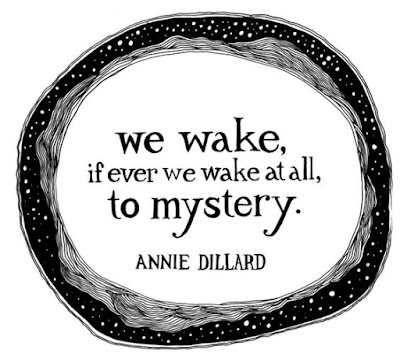I don't like Mike Pence very much. I find him to be sanctimonious,
arrogant and disingenuous. More importantly, I find his policy ideas to
be regressive, repressive, oppressive and out of touch. But I actually
respect him for something that he has taken a lot of heat for lately:
Pence purportedly never eats alone with a woman other than his wife.
For most of my 30-year marriage I have adhered to a similar rule.
Sometimes this is referred to as "the Billy Graham rule." In the
late-1940's when Billy Graham and his (all male) team began traveling
the U.S. conducting evangelistic crusades, they developed a code of
conduct to avoid scandals that had ruined other ministries. Graham
explained in his autobiography:
“One afternoon during the Modesto
meetings, I called the team together to discuss the problem. Then I
asked them to go to their rooms for an hour and list all the problems
they could think of that evangelists and evangelism encountered.
When they returned, the lists were remarkably similar, and in a short
amount of time, we made a series of resolutions or commitment among
ourselves that would guide us in our future evangelistic work. In
reality, it was more of an informal understanding among ourselves—a
shared commitment to do all we could do to uphold the Bible’s standard
of absolute integrity and purity for evangelists.”
The "series of
resolutions" Graham's team came up with involved handling money,
sexuality, publicity, and relations with local churches in ways that
fostered integrity (and therefore longevity) for their ministerial
careers and their organization. If we scan the history of
televangelists and public ministries over the last 50 years we can see
plenty of shipwrecks caused by lapses of integrity in all of these
areas--particularly money and sex. Graham's organization successfully
navigated these waters and avoided scandal (at least until Graham's
progeny took the helm).
When I was newly married, some 30 years
ago, I came across an evangelical Christian teaching about "hedges."
The idea was to intentionally build behavioral hedges of protection
against common marital pitfalls. I took the teaching to heart. As my
career developed, it required a tremendous amount of travel: teaching
week-long classes all around the U.S. I stayed in hotels and ate in
restaurants. I often felt lonely and depressed to be away from home.
I'm an introvert, so that kept me away from the nightlife, but
occasionally I would get "hit on" by a student. My rule was that hanging out
with groups of students was ok, but I maintained my "hedge" about not
dining alone with a female student. I could see far more potential
downsides than upsides to doing so.
I also thought of it as a
sign of respect for my wife. I would not do anything that could make
her feel insecure about my absolute commitment to her.
If I were a
public figure, such as a politician like Mike Pence, I would also have
to factor in the danger of appearances. Let's face it, the press
thrives on scandal--real or imagined. Some translations of the biblical
passage of 1 Thessalonians 5:22 say to "avoid any appearance of evil."
That particular translation and how to apply it is debatable, but it is
well-known among Christians nonetheless. For a public figure--male or
female--who claims piety and relies upon the support of a constituency
it is wise counsel.
Every person's situation is unique. Every person's experience is unique. Every person's mix of values and concerns is unique. Every marriage is unique. And all of these change over time. There was a time in my life when my "hedge" was very important. It is less so now that I'm older and in a different line of work. But it's still there to some extent. What I saw a lot of on social media and the blogosphere (is that still a word?) was Pence being pilloried based on scenarios exaggerated far beyond the simple revelatory tidbit that he doesn't "eat alone with women" other than his wife. Much of that outrage (I think) was vented without sufficient regard for the fact that this is what Mr. and Mrs. Pence have deemed to be right *for their marriage*. Good for them. Pence's boss, obviously, has followed a very different set of guidelines.












